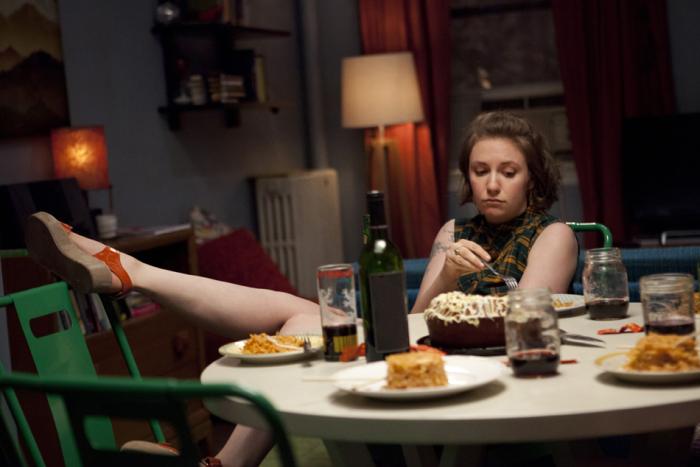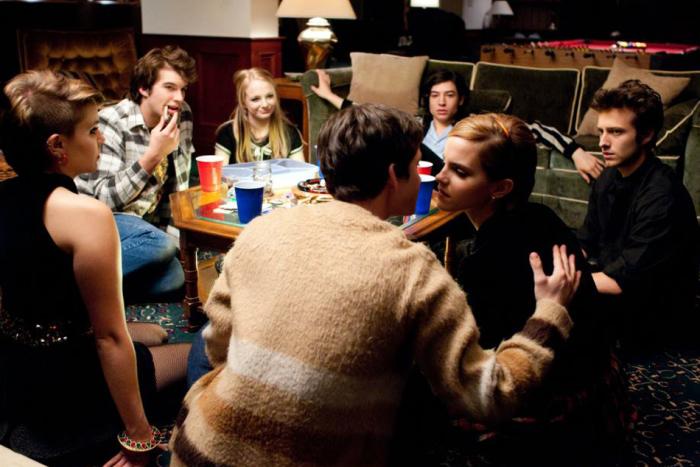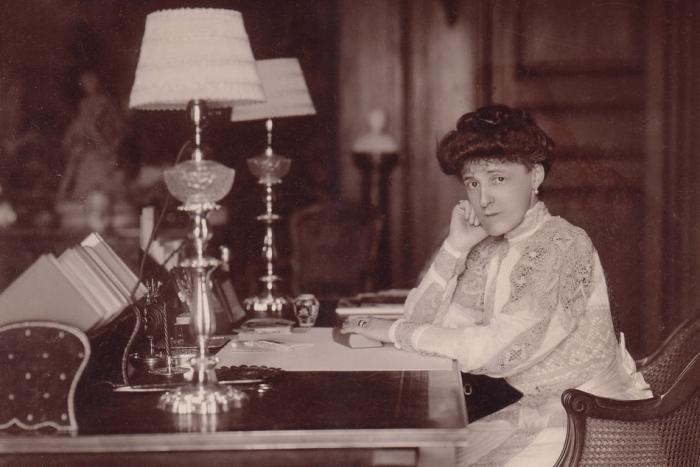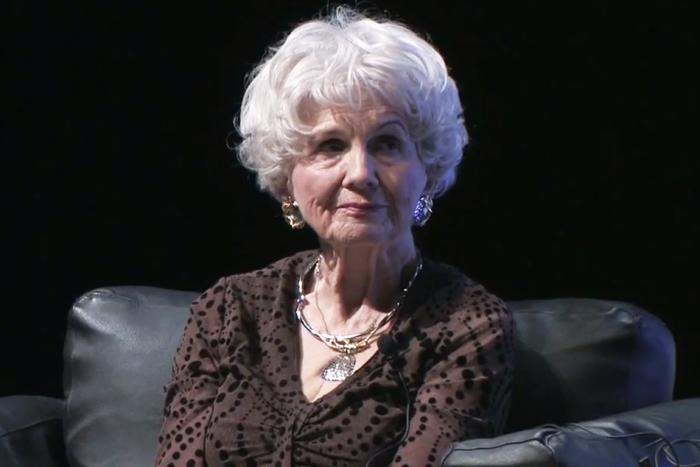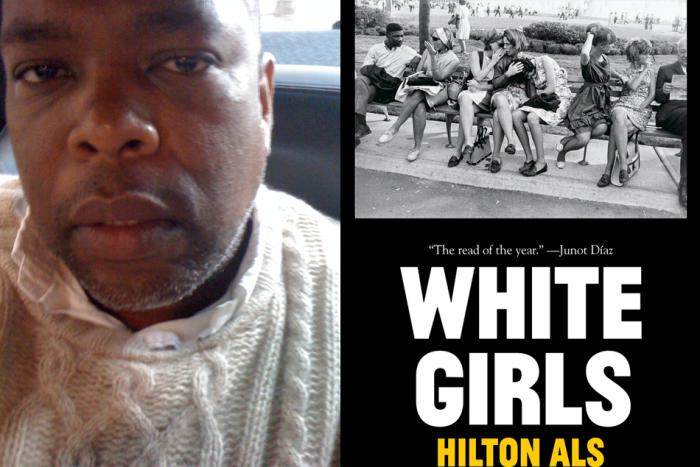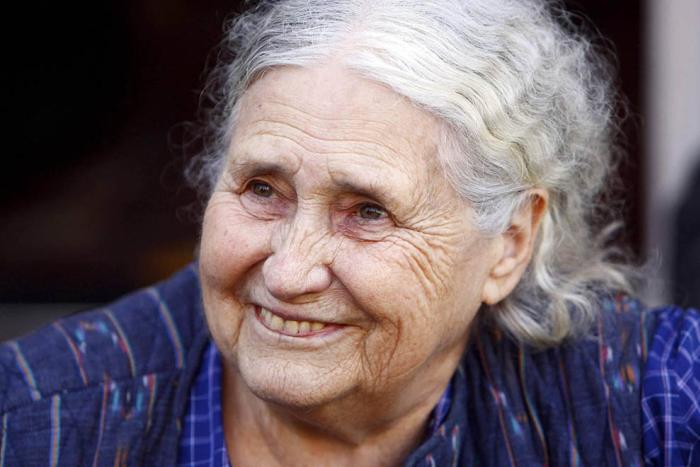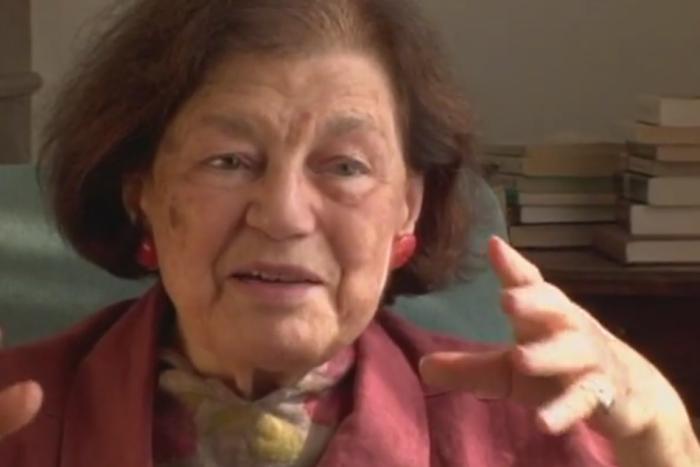The ongoing conversation about whether protagonists ought to be likeable reveals how shallow the quality is in the first place.
Books
The Latest
There’s a very important difference between Young Adult books and books featuring young adults; just compare Tamara Faith Berger’s Maidenhead to Judy Blume’s Forever. But what that difference is, exactly, confounds booksellers, readers, and publishers alike.
Romance is a fool’s errand—the American writer knew this well, and it was reflected in her novels. With her birthday falling tomorrow, our correspondent proposes Wharton, who had a “special expertise in loneliness,” as the patron saint of the loneliest month.
She has an undeniable body of work, first-name-only recognition status, and now a Nobel Prize. Why is it so hard to love or hate Alice Munro’s writing in intellectual terms rather than personal ones?
“Love is complicated, if it exists,” the New Yorker staffer writes in his new book of essays, White Girls—an eminently tolerant and forgiving collection, even when it’s calling out the stupidity of the society that helped produce it.
Bad news: the San Diego anchorman probably didn’t actually write the new book attributed to him. He is, however, in good company—there’s a long literary tradition of notable works by phony writers.
Doris Lessing rarely behaved the way others would have liked her to. And yet many of Lessing's eulogists are missing the point why.
Hazlitt talks to the winner of this year’s Man Booker Prize about growing up in New Zealand, her literary evolution, and what is truly means to have a dialogue.
Lawrence Hill, author of the bestselling Book of Negroes and the memoir Black Berry, Sweet Juice, admits he's long been obsessed with blood, and the myriad questions and themes it gives rise to. With this year's Massey Lecture, Hill explores the subject that's shadowed so much of his life.
Pagination
- Previous page
- Page 7
- Next page

